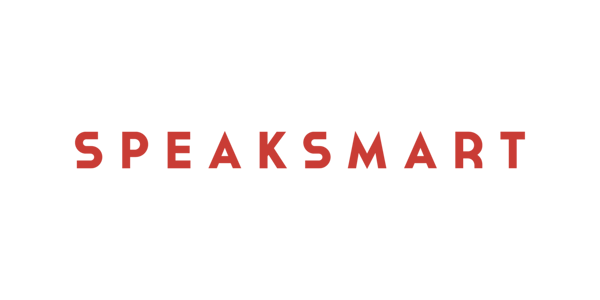These skills can be used:
- in different presentation situations (meetings, conferences, pitches) to feel more confident and to make your presentation more convincing;
- to analyse and react to unexpected situations in communication;
- to understand the sources of persuasiveness in self-expression and to use argumentation more consciously.
Feedback:
"If at first I was doubtful about participating, this training changed my opinion. What you learn at the training can be used quite universally - the ability to express yourself, the clarity of the message, making yourself heard and visible are necessary skills when communicating with a colleague, a partner face to face and presenting to a larger audience. The training itself was an example of how and what a good presentation consists of. From proposing a performance to thanking the audience."
"The trainer has a lot of experience. The ability to speak, explain, explain, justify, doing it figuratively and using different examples. The trainer's excellent ability to make the participants communicate openly and the active involvement of the participants in the activities through various tasks. I also liked the fact that the topics or sub-topics did not go "long", but just at the moment, and the transitions from one (sub-)topic to another were smooth. A very good illustration arsenal (personal examples, real life situations, videos). Through the above, a very good atmosphere was created between the training participants, which in turn creates a prerequisite for the success of the training."
Long-term effect:
"I think the training as a whole affected how to deal with different situations. As one example, I can say answering questions directed towards me during international communication - if the question required a diplomatic answer that would not hurt the person's feelings, but at the same time reflect the truth (that is, if the truth is painful for the questioner to hear). Then I remembered how during the training you had to make a presentation on a randomly given topic, regardless of whether the topic was in line with your beliefs or not. This block in the training taught me to see things from a different angle, while still being myself."
"The training helps to systematically analyze other people's argumentation skills. (ie whether or not their claims are well-founded and convincing). I try to consider other people's ability to "process" information. I do the preliminary work so that my colleague is ready to listen to me and listens too. When transfering information, I try to structure it according to the theoretical structure. I try to make sure that my message reached the recipient (feedback)."

